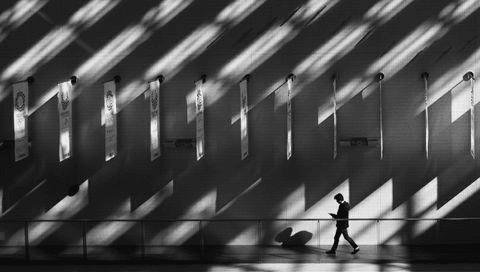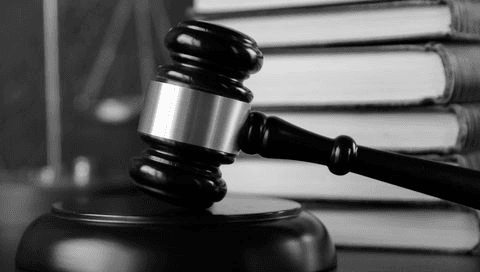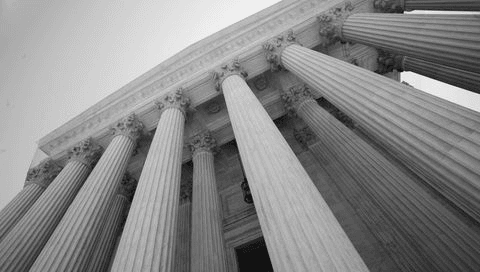Samsung Electronics Co., Ltd. (“Samsung”) brought a patent infringement action against NVIDIA Corp. (“NVIDIA”) alleging infringement of several patents, including U.S. Patent Nos. 6,287,902 (the “’902 patent”) and 8,252,675 (the “’675 patent”). Samsung alleged that NVIDIA sold, offered for sale and imported the accused products from non-party Taiwan Semiconductor Manufacturing Co. (TSMC). In the absence of evidence from TSMC regarding the infringing products, Samsung retained an expert, Dr. Jeongdong Choe, to “tear down” the allegedly infringing chips and offer an opinion regarding their design. Under the parties’ Stipulated Discovery Order and NVIDIA’s discovery requests, all materials relied upon by an expert in forming opinions (including any reverse engineering documents relied upon by Dr. Choe) were to be produced.
Ultimately, Dr. Choe offered an expert report that cited numerous cross-sectional images of the allegedly infringing chips. However, during cross-examination at trial, the court found that Dr. Choe, in forming his opinions, had relied on images that had never been disclosed in his expert reports or to counsel for NVIDIA in other discovery. In particular, Dr. Choe testified that he had reviewed and relied on a number of “EDS and EEL images” that were not disclosed. The court made clear in its opinion that “Dr. Choe did not act duplicitously or with any awareness that he was not fulfilling Samsung’s obligations.” Further, “[t]he Court [had] no doubt that” Samsung held a good-faith belief that the reports complied with the relevant obligations. Nevertheless, the court applied 4thCircuit precedent to conclude that sanctions were warranted because (a) Samsung had violated a discovery order, and (b) the violation was neither harmless nor substantially justified. As to the latter finding, the court noted that, according to NVIDIA, some of the undisclosed materials demonstrated that silicon was present in the allegedly infringing chips, which was an important aspect of NVIDIA’s non-infringement defense.
Accordingly, the court considered a number of factors to determine the appropriate sanction, including (a) the lack of bad faith, (b) potential prejudice to NVIDIA (c) the relative need for deterrence and (d) the availability of less drastic sanctions while still “leveling the playing field.” Based on its analysis, the court denied NVIDIA’s motion to strike the testimony and expert reports of Dr. Choe and instead granted NVIDIA’s motion for a mistrial coupled with limited cost-shifting, finding that to be the “least drastic sanction” that “best suits the conduct in question and the purposes of discover sanctions.”
Samsung Electronics Co., Ltd. v. NVIDIA Corporation, Case No. 3-14-cv-00757 (E.D. Va. Feb. 29, 2016) (Payne, J.).




